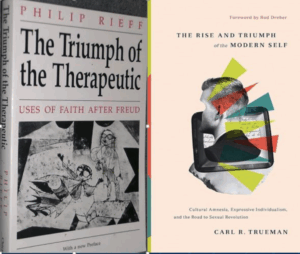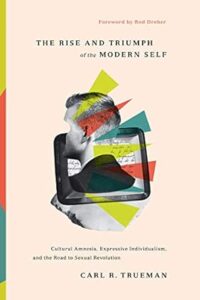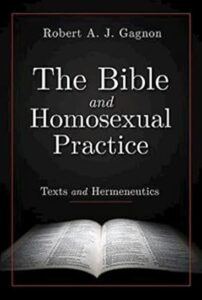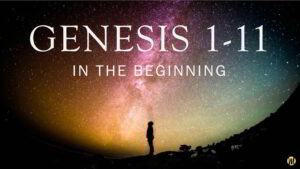 Genesis 1–11: God’s Design for Government (Pt. 5/5)
Genesis 1–11: God’s Design for Government (Pt. 5/5)
Building a nation to be increasingly consistent with God’s will and in fellowship with him sounds like building a Christian nation. This final video clarifies that this is categorically not the case. For God’s design for a nation is that the spheres of government and of religion are to be mutually independent. In the OT, the nation of Israel was supposedly a “theocracy.” Even then the king and the priests were mutually independent. What then is God’s design for government? This video presents the twofold role of the government in nation-building—to build the country into a nation and the nation to be consistent with God’s will in upholding justice and mercy in every sphere of the nation. Since Genesis 9:6 presents the beginning of government in terms of the mandate given to carry out capital punishment, special attention is given to the basis for capital punishment and how it should be practiced in light of this basis. When properly practiced, and not as currently practiced, capital punishment has formative influence in helping build a nation to be in fellowship with God and consistent with his will.
You may view the full video at:
Genesis 1–11: God’s Design for Government (Pt. 5/5)

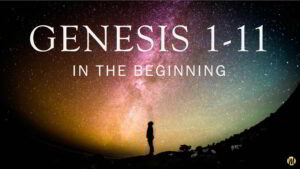

 A “repetition” of the ancient path with Soren Kierkegaard.
A “repetition” of the ancient path with Soren Kierkegaard.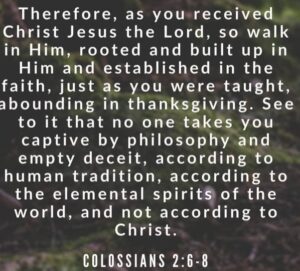
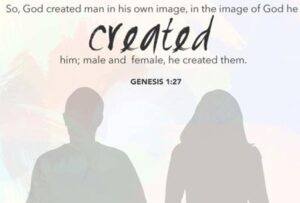 Gnostic Anthropology
Gnostic Anthropology